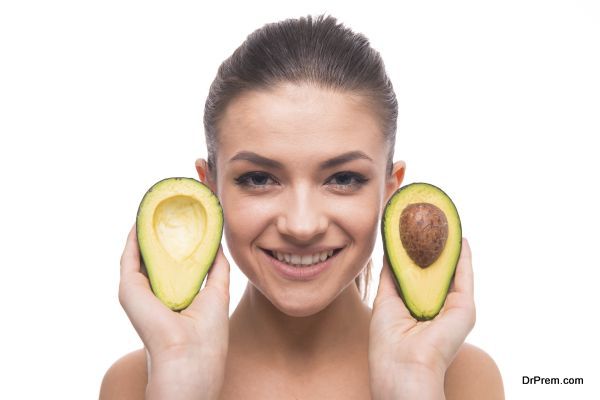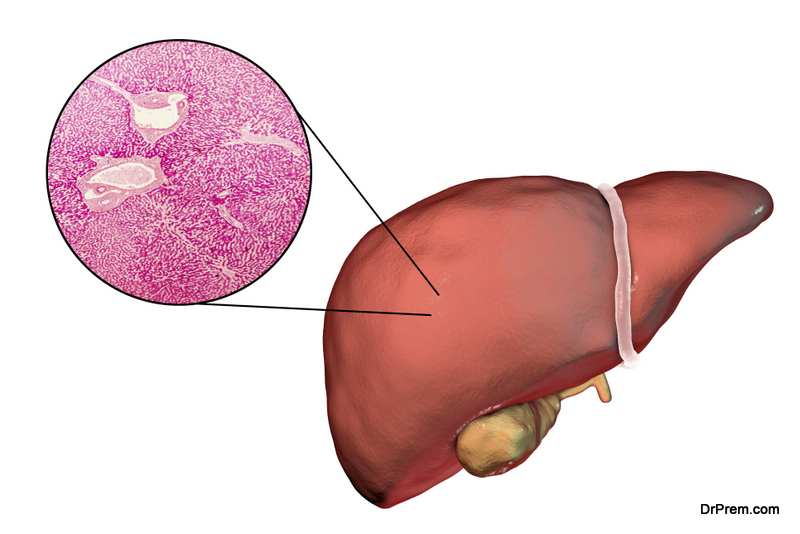Following a heart-healthy diet is the secret to a long and happy life. What you eat makes a lot of difference to your health. There are so many tempting options for us these days that can be ordered online; you don’t even have to step out for food anymore. Ordering food online has made it easy to sample new cuisines as well as eating junk food. Processed frozen food is another culprit which hampers the health of your heart. There are some foods, however, which improve your heart’s health. Here are some food groups you should include in your diet, as well as some snack suggestions to keep you away from fast food.
The ideal heart-healthy diet experts recommend
Barley and oats

Barley and oats have a soluble fiber known as beta-glucan, which has a number of benefits for us. Many studies have shown that beta-glucan boosts immunity, blunts insulin response, and could be beneficial during chemotherapy and radiation. But barley and oats are best for reducing cholesterol. Which is why they’re among the best food for heart. The beta-glucans in barley and oats bind cholesterol and bile acids in the intestine and thus prevents their absorption in the body.
Have oatmeal or oats for breakfast daily. Or have 150 gms of cooked pearl barley. Snack on oatmeal cookies or add oat bran to your smoothies to get the best benefit for your heart. You can even add barley to your soups and broths to thicken them, instead of flour or cornflour.
Fatty fishes and salmon

It’s a well-known fact that omega 3 fatty acids should be included in a heart-healthy diet. Tuna, albacore, salmon, lake trout, herring, lobsters, etc are good proteins for the heart. The omega 3 acids present in fish contain EHA, DPA, and DHA, which protect the heart from heart attacks, by helping to maintain the rhythm of the heart, reduce chances of blood clots, lower blood pressure and inflammation and by reducing triglycerides. Thus, this food group is always included in heart-healthy foods.
Pregnant women and children should avoid fresh and canned salmon.
The best way to prepare fish is to poach, grill, bake or broil them. Avoid frying them to avoid unhealthy options.
What if you don’t eat fish?
 If you don’t eat fish, you can consume milk, juices, eggs, and peanut butter. Spinach, Swiss chard, mustard greens, salad greens, and kale are abundant in magnesium, potassium, and calcium, which are also some heart-healthy foods. Greens have very little calories and regularly consuming them will help to reduce weight too.
If you don’t eat fish, you can consume milk, juices, eggs, and peanut butter. Spinach, Swiss chard, mustard greens, salad greens, and kale are abundant in magnesium, potassium, and calcium, which are also some heart-healthy foods. Greens have very little calories and regularly consuming them will help to reduce weight too.
Unsalted seeds and nuts, especially pistachios, can reduce blood vessels’ tightening. Walnuts, almonds, pecans, flaxseed, hazel and macadamia nuts are also beneficial for heart health. But do not eat more than a single helping in one day.
Beets

Beetroots have high quantities of NO (Nitrous Oxide), which helps to lower blood pressure by opening blood vessels. Beets are also the only source for betalain, a strong antioxidant, and anti-inflammatory agent. Thus your heart healthy diet should definitely include beetroots.
Avocados, olive oil, and legumes

One avocado a day, it seems, can keep your blood pressure pills away. Olive oil keeps the heart in excellent condition by clearing it of LDL and sending it to the liver as waste. Olive oil lowers risk of breast cancer, increases longevity, and improves brain and heart health. So it’s a good idea to swap your vegetable cooking oil with olive oil to have a heart-healthy diet.
Legumes such as lentils, beans, black-eyed peas. and chickpeas have high quantities of soluble fibers, which lower triglyceride and cholesterol levels. They act like a sponge, as they bind to bad LDL cholesterol and disposes of it as waste. Legumes are very high in protein as well, so people who do not eat meat and fish can eat legumes to get their protein component.
Whatever you eat, the best food for heart is that which has less salt and low saturated fat content. To get the most out of whatever you eat, avoid deep-frying and using a lot of oil to cook your food. Go for healthy snacks like low salt or no salt popcorn, dark chocolate, yogurt (without sugar), apples and nuts (in moderation). Making some quinoa, brown rice, or couscous and can make for a great snack or a mini meal.




